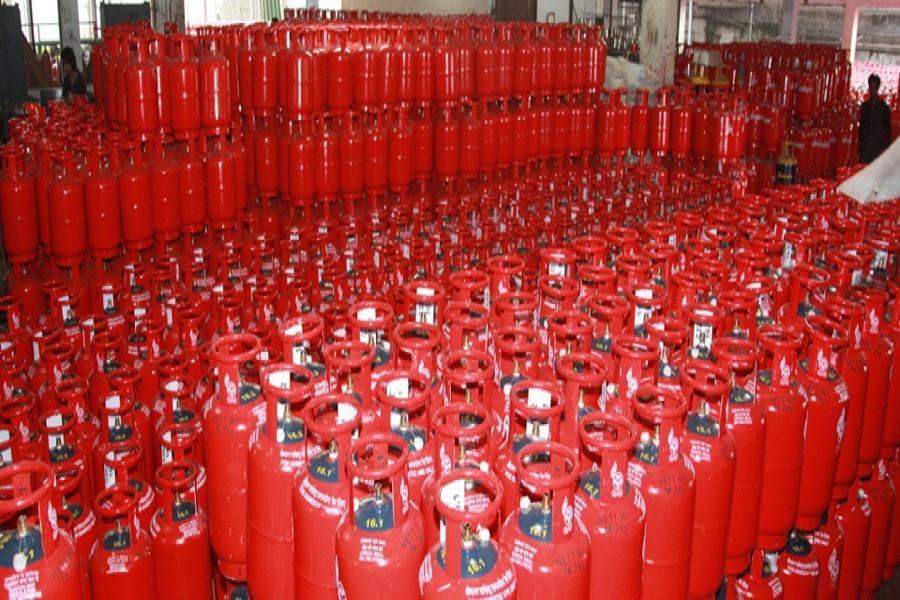Online Report
Bangladesh Energy Regulatory Commission (BERC) has reduced the retail price of 12 kg LPG by Tk 39 per cylinder to Tk 1,364 for July.
FE
The commission also reduced the pump price of auto-gas, the LPG used in vehicles, by Tk 1.84 per litre to Tk 62.46 for the current month.
The BERC slashed the LPG selling price for private operators in line with the existing downtrend of oil and gas prices in international market after vibrancy during the Iran-Israel war.
The new prices came into effect from Wednesday.
The BERC Chairman Jalal Ahmed announced the new LPG prices at a press conference in BERC office at IEB building in the city on Wednesday.
The BERC adjusted cooking fuel prices for the domestic market based on the Saudi Aramco contract price for July. It also factored in fluctuations of foreign exchange rates and changes in value-added tax (VAT).
The Saudi Aramco CP (contract price) price of propane and butane is US dollar (USD) 575 and USD 545 per tonne respectively for July trading.
The BERC calculated the price of a propane and butane mixture at a ratio of 35:65 as USD 555.50 per tonne.
The commission has been setting LPG prices for private operators within the first week of every month since April 2021.
The private sector can sell LPG in various cylinder sizes — 5.5kg, 12.5kg, 15kg, 16kg, 18kg, 20kg, 22kg, 25kg, 30kg, 35kg and 45kg-to consumers at proportionately lower prices in June.
The price of LPG supplied through a reticulated system or centralised storage system was also cut to Tk 244.10 per cubic metre in July.
The price of the state-owned LP Gas’s LPG also remained unchanged at Tk 825 per 12.5-kg cylinder.
Sources said that currently around 27 LPG operators are in business, although licences were issued to about 58 companies. Some 26 operators import about 1.10 million tonnes of LPG from the international market, which accounts for around 98 per cent of the country’s total LPG demand, while seven are satellite operators.
About 35 million LPG cylinders are in use across the country’s LPG businesses.
The sector employs around 200 road tankers, 5,000 trucks and 21 cargo vessels nationwide.


